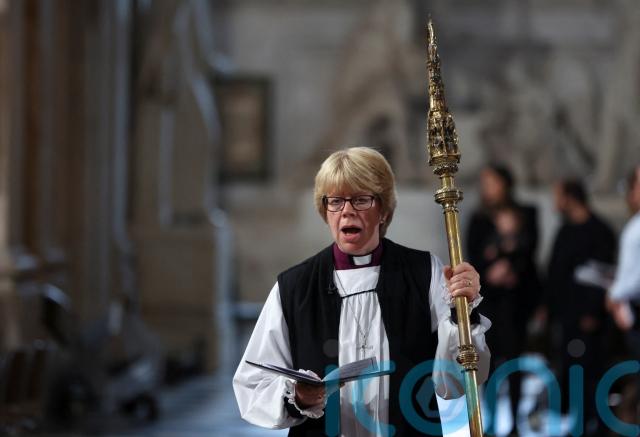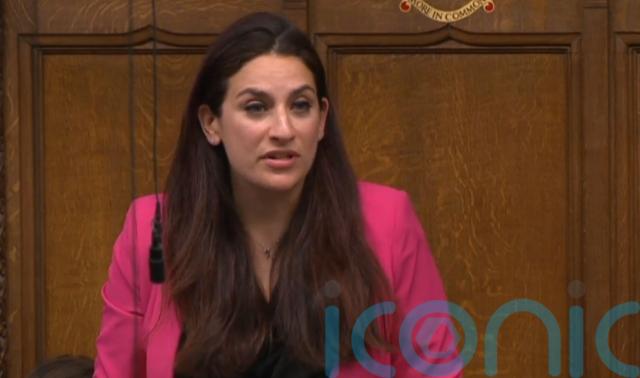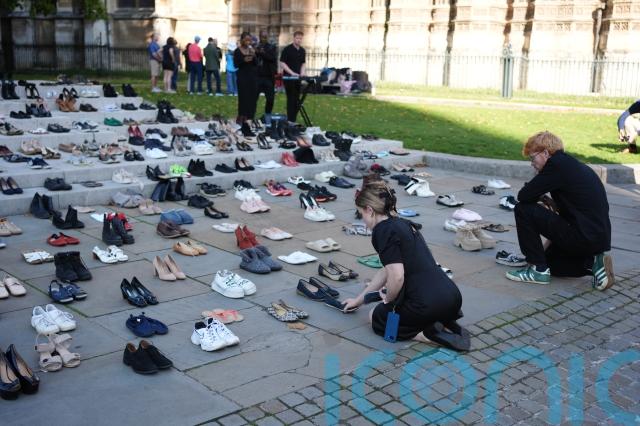
Bishops and peers in the House of Lords should not claim to know better than the public by standing in the way of legalising assisted dying, a former archbishop of Canterbury has warned.
Lord George Carey, who was the Church of England’s top bishop for 11 years, is at odds with his religious colleagues on the issue and claimed they are not representing their own Church in their staunch opposition to the assisted dying Bill.
He warned that both the Lords and Church bishops risk their legitimacy as major institutions in public life by blocking the Terminally Ill Adults (End of Life) Bill.
During the second day of Second Reading debate in the Lords on Friday, Lord Carey told peers: “My Lords, may I add, with temerity, a rhetorical question addressed to the Bishops’ benches – but I think to us all.
“Do we really want to stand in the way of this Bill? It will pass, whether in this session or the next. It has commanding support from the British public and passed the elected House after an unprecedented period of scrutiny.
“Both this House and the Church are in the midst of renewed public debate as to our role in society.
“And I pray, indeed pray, that both these institutions – which I hold so dearly for the importance of our role in public life – do not risk our legitimacy by claiming that we know better than both the public and the other place (the Commons).”
The first day of debate last week saw Bishop of London Dame Sarah Mullally argue that the “choice” to die “is an illusion” without “fully-funded palliative and social care services”.

Outlining her opposition to the Bill, Dame Sarah told the Lords there are “no amendments to this Bill that can safeguard us completely from its negative effects” and that the draft law “fails in its central plank, that it delivers choice”.
Dame Sarah was seated beside Archbishop of York Stephen Cottrell, the Church’s current most senior bishop, on the Lords’ red benches as Lord Carey addressed them.
He insisted he was “not haranguing” the bishops but referred to a prayer in Christian spirituality which contains a call for mercy, and said that cry must be heard in the debate.
Lord Carey also disagreed with a description used by former prime minster Theresa May in last week’s debate, when she said a friend had referred to the legislation as a “‘licence to kill’ Bill”.
He told peers, including Baroness May who was listening in the chamber: “Much as I respect the right honourable lady, and I indeed do, I resist this description.”
He said he believed there are safeguards and protections in the Bill which “without question will resist abuse”.
Other peers criticised Baroness May’s use of language, saying it had left them “dismayed” and dying people “distressed”.
Baroness May had referred to the legislation as an “assisted suicide Bill” and said it “effectively says suicide is OK”.
Baroness Thornton said she was “saddened” by the language used, and that terminally ill people had contacted her “very distressed, and they say, ‘we are not suicidal, we want to live, but we are dying, and we do not have the choice or ability to change that’.
“Assisted dying is not suicide.”
Baroness Blackstone said she felt “affronted” by some of the language used around suicide, while Baroness Jan Royall of Blaisdon said she had been “dismayed at the conflation made by some of suicide and assisted dying”, branding the language not only “careless”, but “actively damaging to people who are already suffering”.
However, opponents including Lord Curry of Kirkharle argued that the Bill’s passage into law would “devalue the importance of human life and economics will become part of the decision-making process – the NHS will save money and families will protect their inheritance”.
He told the chamber: “We are at a crossroads and must decide what kind of a nation we want to be.”

Lord Patten of Barnes, the former governor of Hong Kong, speaking against the Bill, branded it an “unholy legislative mess” and suggested it could lead to death becoming the “default solution to perceived suffering”.
There have been concerns among some of the Bill’s backers that peers against the proposed legislation would try to block it or “talk it out” so that it runs out of time to become law before next spring when this session of Parliament ends.
Lord Charlie Falconer, the Bill’s sponsor in the Lords, is expected to support an amendment from Baroness Luciana Berger to set up a special committee to further scrutinise the Bill before it moves to the next stage of the parliamentary process.
The committee of around a dozen peers would likely be formally launched next month and must report to the Lords by November 7, before the Bill can progress to the next stage of the legislative process.

The legislation proposes allowing terminally ill adults in England and Wales, with fewer than six months to live, to apply for an assisted death.
This would be subject to approval by two doctors and a panel featuring a social worker, senior legal figure and psychiatrist.
Friday afternoon is likely to see a motion to agree Second Reading at the end of the debate. That is not usually put to a vote in the Lords but it can be.
Campaigners against the Bill gathered outside Parliament during the debate, setting out shoes to symbolise what they said could be the lives lost if assisted dying is legalised.
Assisted dying will become law in England and Wales only if both the House of Commons and House of Lords agree on the final wording of the Bill.
If it does pass into law, the Government has four years in which to get an assisted dying service into place, meaning it could be 2029/30 before the first assisted death takes place.
Subscribe or register today to discover more from DonegalLive.ie
Buy the e-paper of the Donegal Democrat, Donegal People's Press, Donegal Post and Inish Times here for instant access to Donegal's premier news titles.
Keep up with the latest news from Donegal with our daily newsletter featuring the most important stories of the day delivered to your inbox every evening at 5pm.